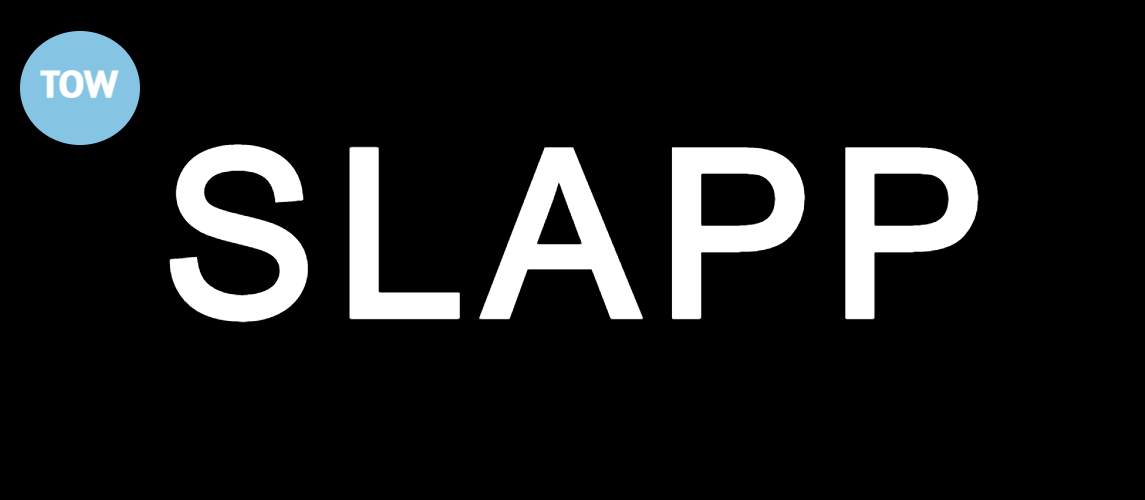Sign up for The Media Today, CJR’s daily newsletter.
This article was originally featured in the Tow Center’s weekly newsletter. Subscribe here to stay up to date with our latest events and publications.
Six years ago, an attempt to silence and destroy our nonprofit investigative reporting news organization, The Center for Investigative Reporting, began. That attempt, in the form of libel litigation, ended last month when the subject of our investigation agreed to one of the largest settlements in a defamation case.
In 2016, Planet Aid, a nonprofit charity and its employee Lisbeth Thomsen sued CIR after our newsroom published a series of articles and podcasts about them. The stories followed an 18-month investigation during which CIR’s reporters traveled to multiple continents and reported that Planet Aid diverted funds from their intended recipients, falsified invoices, failed to provide livestock and agricultural inputs to local farmers, and extracted kickbacks from the salaries. Plaintiffs alleged all this reporting was false. We fiercely objected and ultimately won.
The case turned on whether Planet Aid and Ms. Thomsen were public figures and whether CIR acted with actual malice so as to have knowingly published false information about them. A federal district found in our favor on both points. This was affirmed by the Ninth Circuit’s decision that had even broader ramifications for the First Amendment and the freedom of the press.
The Circuit Court stated, “The Supreme Court has long enshrined ‘a profound national commitment to the principle that debate on public issues should be uninhibited, robust, and wide-open.’” It further stated that this protected speech “may well include vehement, caustic, and sometimes unpleasantly sharp attacks on government and public officials,” solidifying the already stalwart rule that the press must be uninhibited in its ability to report on matters of public concern.
Despite having won, the lawsuit had significant costs.
This case which took six years to conclude could have easily bankrupted us. In its complaint listed 80 statements that were inaccurate and sought an estimated $25 million in damages. But with more than 4 million dollars in pro bono legal support from Covington & Burling and Davis Wright Tremaine – and California’s strong anti-SLAPP statute protecting freedom of press – CIR has been saved, for the time being.
Anti-SLAPPs are state laws that provide for the early dismissal of cases, known as Strategic Lawsuits Against Public Participation (SLAPPs), that masquerade as ordinary lawsuits but are intended to deter or punish people from exercising their right to speech.
Journalism and journalists are under assault around the world and without Congressional support for anti-SLAPPs, investigative reporting and newsrooms, especially nonprofits, may well be eliminated by often frivolous and vexatious lawsuits. While some states have anti-SLAPP statutes, not all states do, and some have weak statutes that don’t include attorney’s fees reimbursement clauses. And a federal anti-SLAPP statute – protecting freedom of speech nationwide – does not yet exist.
In CIR’s case, the final issue, attorney’s fees, was recently settled, with $1.925 million being paid to insurers and pro bono counsel. So even with CA’s strong anti-SLAPP law, our battle took six years, including two years of discovery.
The future of journalism, freedom of the press, and an informed citizenry cannot depend on the benevolence of pro bono lawyers and the benefit of your state having a strong anti-SLAPP. Many journalists and newsrooms who face litigation scares daily may not have that privilege.
“Anti-SLAPP statutes are intended to discourage defamation claims against good faith reporting on matter of public concern—to prevent well-heeled targets of commentary and news reporting from silencing critics,” said Simon Frankel, CIR’s lead attorney at Covington & Burling, which led discovery in our case. “This case is Exhibit A for why we should have robust anti-SLAPP statutes.”
The Reporters Committee for Freedom of the press states, “SLAPPs have become an all-too-common tool for intimidating and silencing criticism through expensive, baseless legal proceedings. Anti-SLAPP laws are intended to prevent people from using courts, and potential threats of a lawsuit, to intimidate people who are exercising their First Amendment rights.” With uneven state anti-SLAPP protections, plaintiffs can manipulate state laws to their benefit. For instance, Planet Aid initially tried to file their lawsuit in Maryland, a state with a weak anti-SLAPP law; although we succeeded in having the case moved to California, as was legally appropriate, over two years Plaintiffs tried three more times to move it back to Maryland. This battle over jurisdiction clearly demonstrates the need for federal anti-SLAPP protection.
This is especially the case as the number of nonprofit newsrooms has shot up in the past three years to respond to the dearth of local news and investigative reporting. CIR and other nonprofit newsrooms are especially vulnerable, as plaintiffs often attack individuals or defendants with fewer resources. Larger newsrooms – including the British Broadcasting Corporation, The Boston Globe, The Washington Post and The Los Angeles Times – have all reported on Planet Aid, but plaintiffs chose to single out CIR in the lawsuit – the newsroom with the fewest resources. However, it is precisely these vulnerable institutions, like ours, that often tell local stories or conduct more obscure investigations, holding accountable powerful organizations in society that would otherwise go unchecked.
In 2015, Mother Jones faced a similar lawsuit. And this past year, investigative reporter Carole Cadwalladr survived a defamation suit brought against her by British businessman and political donor Arron Banks for her reporting. The lawsuit targeted Cadwalladr as an individual – not the Observer, the paper that published her work – forcing her to rely on crowdfunding to support her legal defense.
A federal anti-SLAPP statute, like the kind recently introduced by Rep. Jamie Raskin in Congress, is the only path to ensuring that the rights of smaller newsrooms, nonprofits, and individuals who hold power to account are able to survive.
Planet Aid’s case against CIR could have easily ended differently, says Thomas R. Burke, a first amendment attorney with DWT and the author of “Anti-SLAPP Litigation,” who led our defense. He devoted thousands of hours over six years to the case. He describes the case as the most complicated of his life. Why did he do it?
“I could not stand by and watch this plaintiff put CIR, which has done so much over five decades, reporting on things that are essential for the public, be put out of business. If it was the last thing I ever did, CIR was not going to fall on my watch,” Burke said.
The passage of an anti-SLAPP statute would let smaller newsrooms rest easy, knowing they are protected. This is particularly important given the growing numbers of wealthy individuals and institutions that can use their power to attack less powerful outlets trying to tell important and otherwise unseen news stories.
Has America ever needed a media defender more than now? Help us by joining CJR today.





